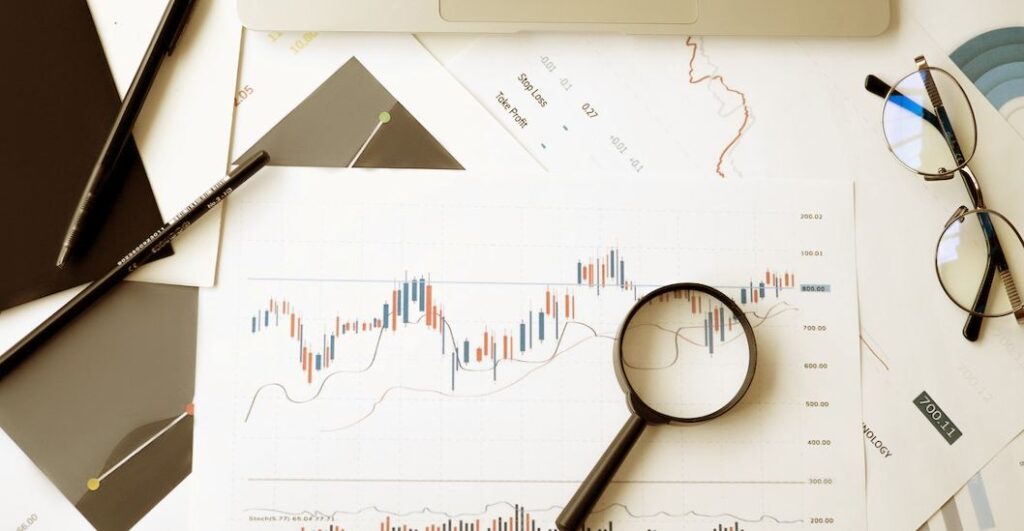Futures and options have emerged as two popular derivative instruments among traders. However, if you had to choose one, which one would be the better one out there? There are many platforms, including futures trading platform to help you make this decision. But to save you time here is everything you need to know.
What Are Futures?
Futures is a contract that enables traders to buy or sell a specific underlying asset via a contract on a specified date at the agreed-upon price. Futures are a form of hedge investment and can be used for trade speculation.
One thing to remember is that irrespective of the market prices on the specified date, a buyer has to buy the commodity or the seller has to sell a commodity at the agreed time. You can use any FNO trading app to carry out these transactions.
Futures, unlike stocks, have an expiry date, and since they are derivatives, they do not really have any inherent value. Some examples of futures you can find on any futures trading platform are gold, silver, currency, and oil.
Who Trades Futures?
There are two main participants in the future markets: the speculators and hedgers.
Speculators are individuals and businesses that analyze and forecast price movements. They are the ones who actually put their physical money at risk in the hope of obtaining profits.
In contrast, hedgers are individuals or businesses that use this futures market to protect themselves from fluctuations in prices. This is done so that they can avoid risks.
In a nutshell, the two key participants can be classified as risk-takers and risk-averse.
What Are Options?
Options are also financial derivatives whose value primarily relies on the underlying value of the securities, such as stocks. However, in options, unlike futures, you are not obliged to buy or sell the assets.
You will come across two main types of options: put and calls. A call provides you with the right to buy an underlying security, while a put gives you the right to sell the underlying security.
Who Trades Options?
You will find four key options players in the market. The first ones are the market makers who quote two-way prices, and these bids and offers made by them help maintain the market’s liquidity. These people are also the biggest contributors to the market in terms of volume and turnover.
Other players often include retail investors, institutional traders, and broker-dealers dealing on behalf of their clients. Also, typically, in the options market, institutional traders hedge their positions in the market.
Key Differences between Futures and Options
Flexibility
Futures are subjected to higher risks than options since the participants are obliged to buy or sell the asset irrespective of losses and profits. In this case, we can also say that options provide better flexibility to traders than futures.
Investment cost
When you enter a futures market, you do not have to pay the entire amount, while you have to pay a premium to buy options contracts. These premium prices vary significantly based on the volatility of the market.
Liquidity
Futures markets have a greater degree of liquidity as opposed to options due to narrow bid-ask spreads. This is an assurance to traders that they can exit the market at any given point. However, the prerequisite is that the underlying asset for that futures have to be frequently traded to be liquid.
Conclusion
Futures and options are both financial derivatives. Ensure that you properly evaluate the patterns to minimize losses and maximize profits! Based on your risk appetite, financial goals, and capital commitment, you can decide which of these derivatives is ideal for you.
Ensure you do sufficient research on your options and futures trading platform to get a clear picture of both of these markets!




